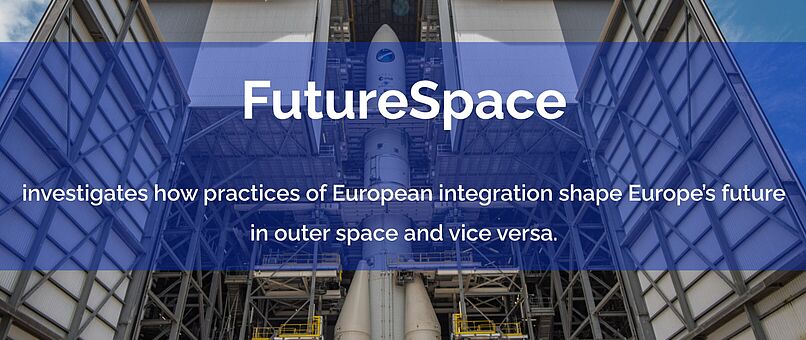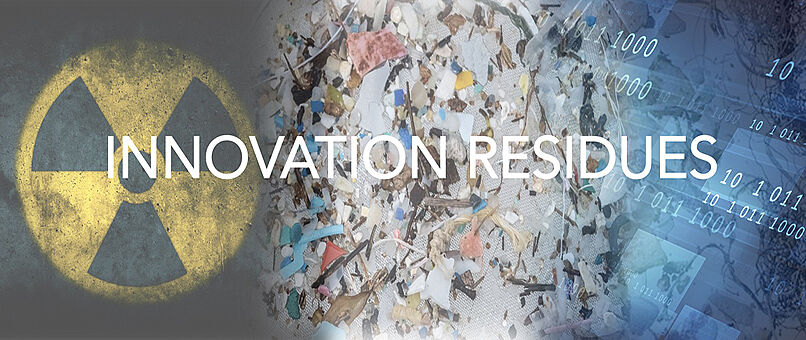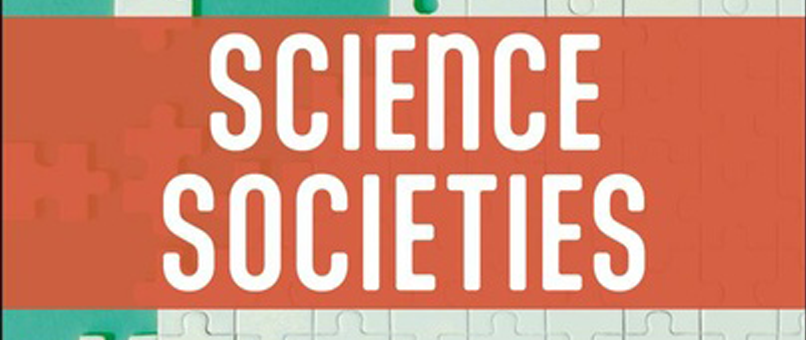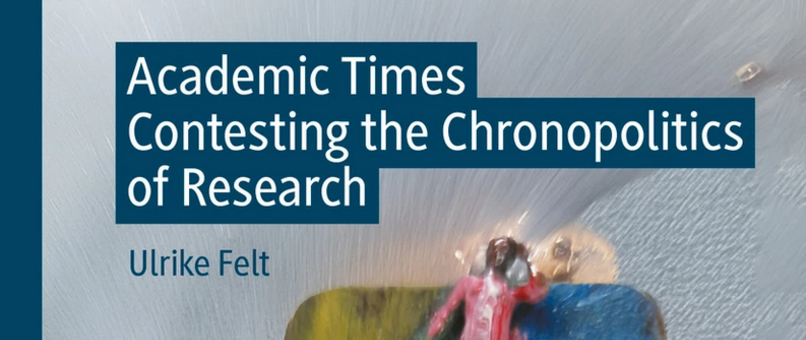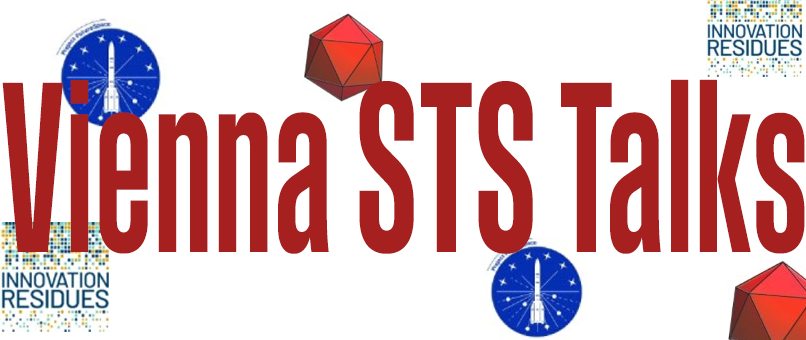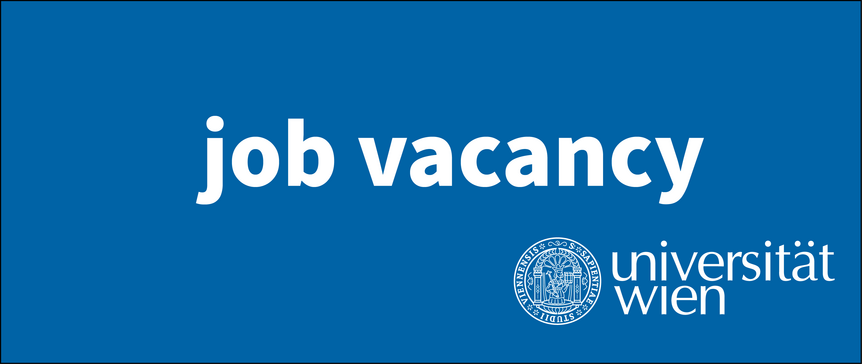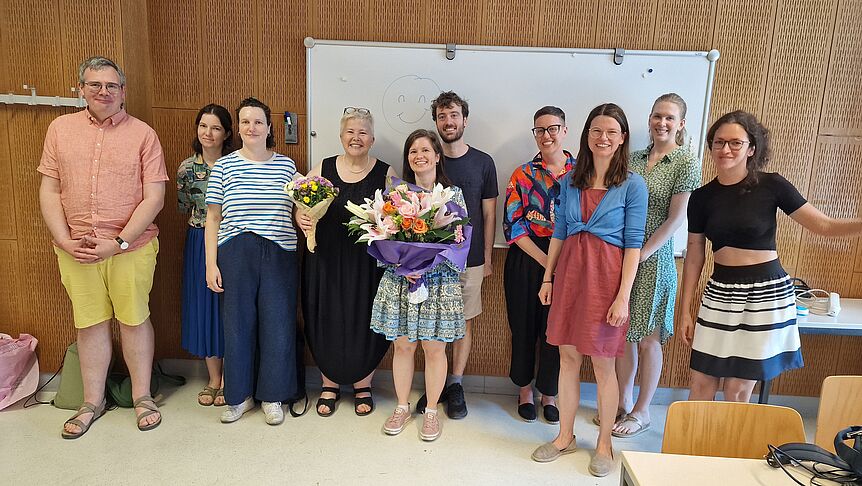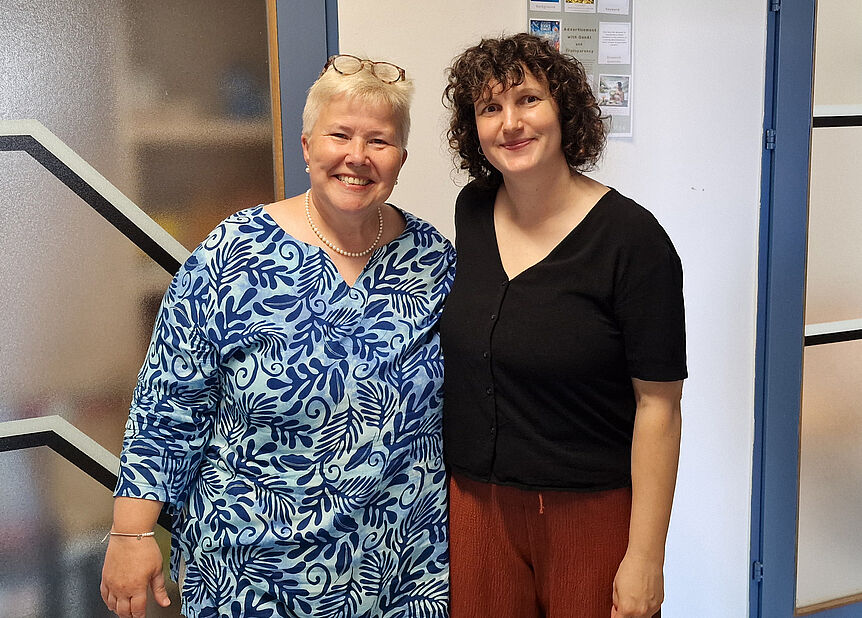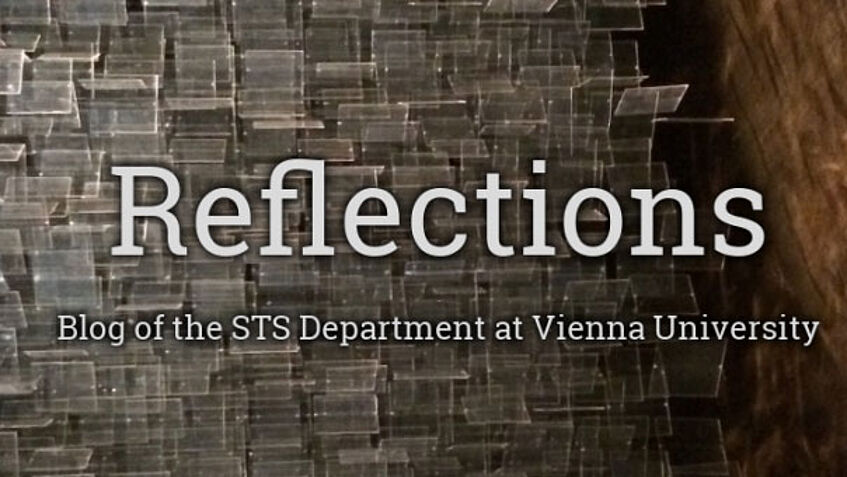Institut für Wissenschafts- und Technikforschung
Wissenschaft, Technologie und Innovation formen zahllose Aspekte des Lebens in modernen Gesellschaften. Manche Veränderungen werden als positiv erlebt, andere sind hoch kontroversiell. Zugleich beeinflussen Politik, Medien, Firmen und andere gesellschaftliche Akteure, wie Wissen und Technologie erzeugt werden. Die Wissenschafts- und Technikforschung analysiert diese Beziehungen und fördert kritische und reflexive Debatten zu den Beziehungen von Wissenschaft, Technologie und Gesellschaft.
Defensiones
Defensio
We warmly invite you to the Master defensio of Maximilian Karge
Defensio
We warmly invite you to the Master defensio of Pipi Paloeka de Koning
News
We invite applications for a postdoctoral researcher position (2 years, with a possible 1-year extension) to join the FutureSpace research team at the...
Read about Katja Mayer's research on openness in scientific praxis.
We congratulate Laura Bomm and Bao-Chau Pham on their PhD defensio!
We congratulate Florentine Frantz on her PhD defensio!
We congratulate Vera Ulmer on her PhD defensio!
Ulrike Felt explores in her new book the hidden politics of time that shape knowledge production in universities and academic life.

